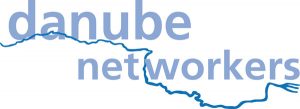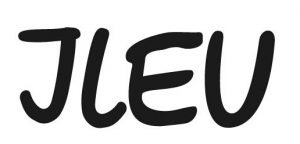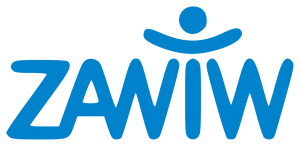European Certificate in Intergenerational Learning (ECIL)

Aim
At a time when so much news were and are about potential breakdown and conflict between people of different ages this is a wonderful opportunity to make a positive contribution to building a skilled European workforce to empower people of all ages to make a better Europe together. There was/is an essential need to overcome all sorts of divides in European societies (social layers, social classes, social groups, cohorts, generations), so, that societies might remain cohesive and might not fall apart from within. Societies have to be inclusive for various reasons, one of them is that labour force has been shrinking and there is a need to retain older workers and to include young people, both social groups having been squeezed to the edge of institutional space and to the edge of professional territories. Intergenerational work has to be supported by knowledge about generations, values, and relationships between cohorts and generations. Nevertheless, there have not been many attempts at introducing education for intergenerational learning, neither good conceptual frameworks for developing programmes for such learning. Moreover, it was believed that our societies were threatened by the clash of generations and a new social contract is still needed between generations.Full Description
The partnership wanted to define intergenerational learning and contexts in which intergenerational learning exists: family, local community, professional settings, policies, etc. The partnership developed contents that in some countries were included in vocational training programmes and were certified by responsible authorities. The UK partner provided the partnership with some materials developed for local NGOs dealing with the definition of intergenerational learning and cooperation, organising adult education events, policies, community work, etc. The materials were translated into national languages. The partnership discussed the feedback. Up to 70 % of the materials were amended to fit in the national socio-cultural context. Partners contributed their expertise to different parts of the course materials. Moodle – on line course – 3 parts/handbook was developed.
Project partners:
- Slovenian Third Age University, Slovenia
- Beth Johnson Foundation, United Kingdom
- University of Granada, Spain
- Jönköping University, ENCELL, Sweden
- Association Generations, Bulgaria
Step by Step Explanation
-
1
Research into the concepts of generation/cohort/state of art of intergenerational learning
-
2
Translation of the BJF’s materials
-
3
Piloting
-
4
Modification of materials
-
5
Piloting the course/evaluated
-
6
Moodle – online course – 3 parts + handbook let’s come together, let’s be together, let’s stay together:
Unit 1 – Introduction to Intergenerational Practice and Intergenerational Learning: This unit introduces you to what intergenerational practice and intergenerational learning + benefits are.
Unit 2 – Bringing Generations Together: how to bring people from different generations together in positive, enjoyable, supportive and productive ways. This unit provides tools and techniques for facilitating intergenerational relationships. Circumstances, drivers and social structures.
Unit 3 – Monitoring and Evaluating Intergenerational Practice and Learning: This unit introduces the learner to the rationale, methods for monitoring, and evaluating intergenerational practice and intergenerational learning projects and programmes.
European Qualifications Framework is a reference framework, comparing the national qualifications systems, frameworks and their levels.
-
7
Vocational training certificate
-
8
Constituting library
Results
Implemented Methods
Research into intergenerational learning
Slovenian partner developed the framework for the national research into the topic. Partners wrote national reports. The reports contributed a clear distinction between what is intergenerational learning and what is not intergenerational learning though different generations are in the same group or in the same audience. Intergenerational learning and cooperation are possible when generations hand in hand work on the same issue towards jointly agreed targets. Not all issues are intergenerational issues (e.g. old age, health, etc.). On the contrary, all social issues and major social developments are of common interest to different generations. Generation is not a temporal concept. Generations can have common characteristics shaped by political, historic, economic, social conditions and social interruptions.
Modification of materials
The materials were practically written anew. The starting materials provided by the UK partner served as an inspiration and offered the valuable structure. A lot of cooperation was going on between partners. Certain parts (community development, community actors, psychology of generations, cultural characteristics of generations) were added or upgraded as a result of the piloting course and the experience gained.
Online – distance learning supported by Moodle platform
The partnership learned how to use Moodle and how to insert the course “Let’s come together, let’s be together, let’s stay together”. Several sessions of the online piloting course took place as a follow up of the piloting course conducted in a small locality.



